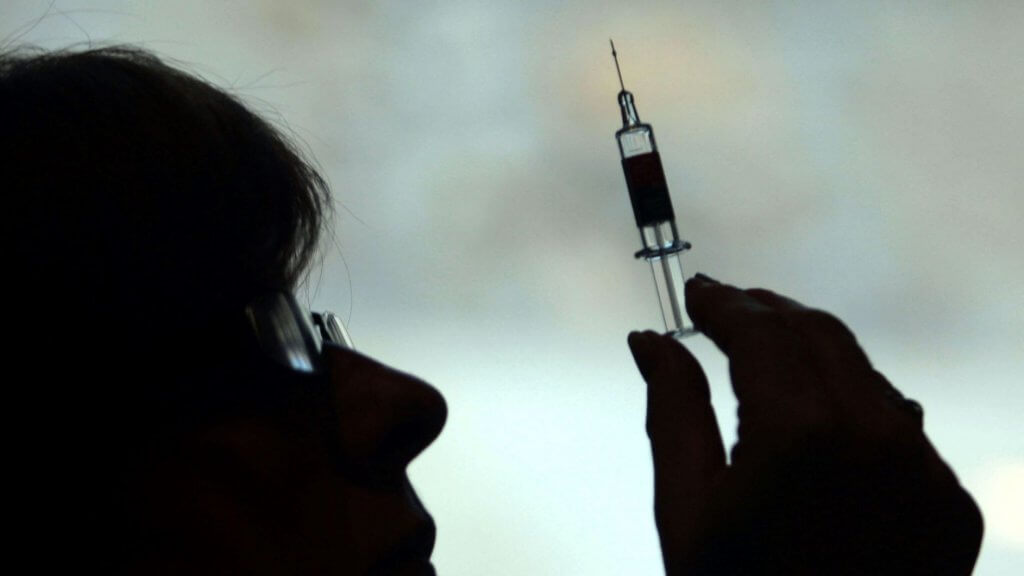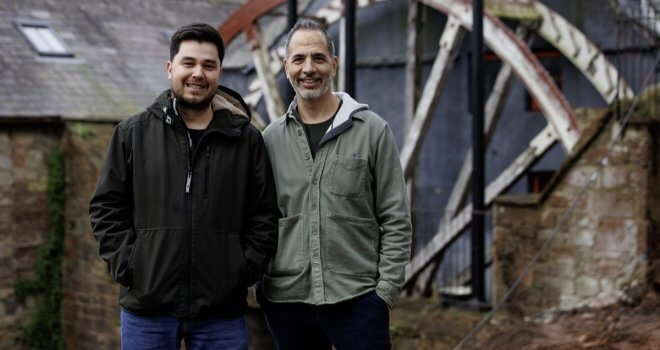No Guarantee Of A Vaccine Against Covid-19, Government Warns

The Prime Minister said there was no guarantee of a vaccine against Covid-19, but stated the UK was at the forefront of international efforts to develop one.
As the Government sets out its plans to ease lockdown restrictions, it is hoping a vaccine or drug treatments will be developed against Covid-19 – but says this cannot be relied upon and a vaccine may never be found.
“I’m hearing some very encouraging things from what’s going on at Oxford to achieve a vaccine,” Boris Johnson said at the Downing Street briefing on Monday evening.
But he added: “This is by no means guaranteed. I believe I’m right in saying that even after 18 years we still don’t have a vaccine for Sars.
“What I can tell you is that the UK is at the forefront of concerting international activity to try to deliver a vaccine.”
He said the Government was putting “huge sums” into finding a vaccine, but added: “If you ask me am I absolutely certain that we won’t be living with this for a long time to come, I can’t say that.
“It may be that we have to become ever more flexible, ever more agile, ever smarter in the way that we tackle, not just this infection, but potentially future infections as well.”
On developing a vaccine, the Government’s chief scientific adviser Sir Patrick Vallance said it could never be guaranteed.

Speaking at the Downing Street daily briefing, he said: “It’s a tough thing to do.”
But he said there were therapeutics and drug development programmes under way, adding: “I’d be surprised if we didn’t end up with something.”
Earlier on Monday afternoon, Foreign Secretary Dominic Raab said the UK will host the global vaccine summit due to take place on June 4.
Speaking in the Commons during the foreign and commonwealth affairs questions, Mr Raab said: “We want to spearhead the race: the pursuit of a vaccine through the research that’s being conducted in this country and if possible manufactured at the kind of scale that would not just deal with UK needs but also those more broadly.
“We are the leading donor in the latest call for donations to make sure, not only that we can provide vaccines for UK nationals here at home, but also make sure that they can be expanded, particularly for the most vulnerable countries abroad.”




